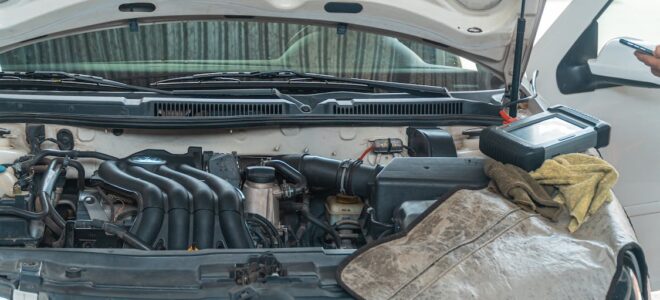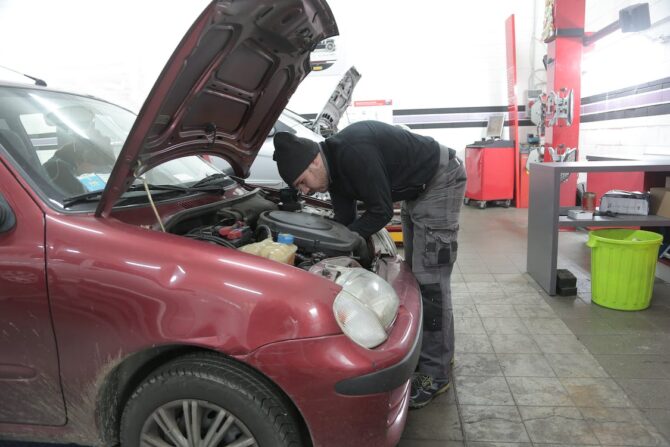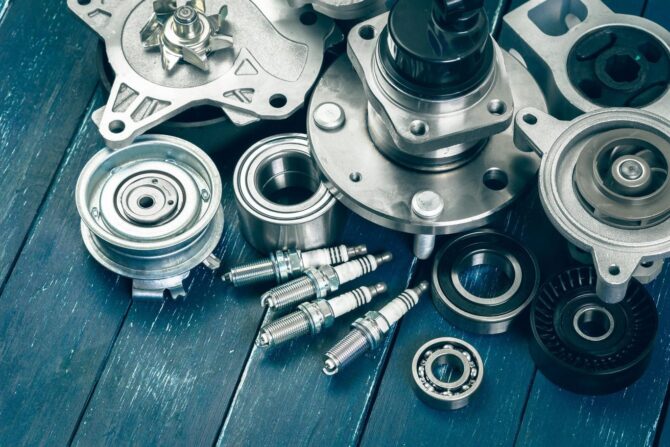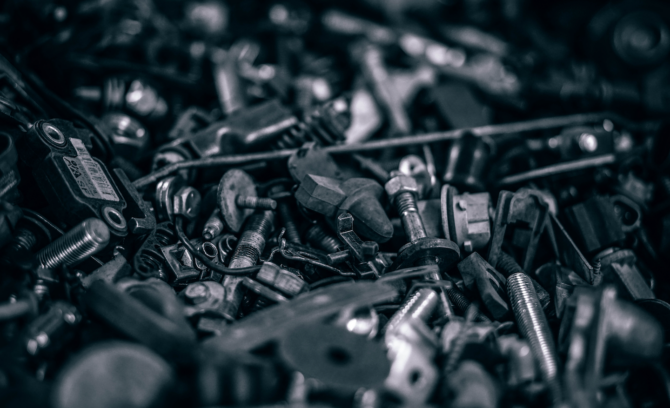
Aftermarket parts are car replacement components that aren’t manufactured by the original equipment manufacturer (OEM), hence the name. They’re categorized into two: replacement parts and accessories.
Think of them as generic pharmaceuticals. They’re less expensive and more readily available in wider ranges of quality and price than the original brand-name medications but are likely to have the same effectiveness.
Can Car Insurance Cover Them?

Source: pexels.com
Aftermarket parts are not usually covered in standard car insurance policies. This is because replacing a car’s original parts changes what a car insurer thinks it’s covering when a car policy is bought. It is, however, possible to add coverage for aftermarket parts.
Many insurance providers offer varying levels of coverage, typically as part of a policy’s collision and comprehensive insurance.
It’s highly recommended to contact your car insurance company before modifying anything in your car. They must recalculate everything and make some changes in your policy’s coverage going forward.
Inquiring beforehand also gives you an idea of whether you can afford the car modifications with your current finances. If not, depending on your financial standing, you may seek funds traditionally or apply for installment loans for bad credit.
Installment loans are a valuable financial tool that can provide you with the necessary funds for car modifications, even if you have a less-than-perfect credit history.
These loans are structured in a way that allows you to borrow a specific amount of money and repay it over a fixed period, typically in regular monthly installments. What makes them particularly advantageous is that they offer a predictable payment schedule, making it easier to budget for the modifications.
What Are Their Benefits?

Source: crsautomotive.com
Opting for replacement parts may cause changes in your car’s insurance, but they can make a huge difference in your car’s appearance and functionality. This is why many people prefer them to stock parts.
First, they’re more durable. For example, many stock exhaust systems are made from mild steel, a metal that quickly deteriorates over time and causes leaks and performance issues in the exhaust system.
Aftermarket exhausts are typically made of stainless and aluminized steel, known to have higher durability than mild steel. That’s why many aftermarket manufacturers give a lifetime warranty on their exhausts as they’re confident they can provide improved reliability and longevity.
Second, they can improve a car’s performance, fuel economy, and engine sound. Let’s still use the exhaust system as an example. Most vehicles’ stock exhaust systems are very restrictive. While they’re often designed to work well with stock engines and meet strict environmental standards, they often can’t be adjusted to provide better airflow and power to a car.
Aftermarket exhaust systems can help improve the airflow in a car’s exhaust system. They have wider piping, allowing more fresh air to enter the combustion chamber. Note that the more air comes in, the bigger the combustion is.
They’re also lighter than most stock exhaust systems. The heavier the car, the more fuel it needs to move. Heavier cars tend to have greater rolling resistance and inertia, which increases fuel consumption even more. Reducing car weight, such as opting for aftermarket exhaust, is a very effective way to improve car fuel economy and efficiency.
Lastly, aftermarket exhaust systems can also be fine-tuned based on your wants. However, it should be beyond just reflecting your style and looking cool. Besides helping you make a statement, it also helps you achieve your desired performance.
For example, you can deepen the growl of every acceleration to have a sporty feel or muffle engine noise to avoid disturbing the neighborhood. Either way, both improve a car’s horsepower.
Are Aftermarket Parts Legal?

Source: shop.advanceautoparts.com
Installing an aftermarket part is legal in most countries as long as the modification doesn’t exceed the laws. These laws are meant to ensure that all cars are safe, eco-friendly, and compliant with various technical and aesthetic standards.
Before indulging in car modifications, understanding and complying with car modification laws that apply to your location is highly advised. If you don’t want to do your own research, consult the local government department responsible for car regulations in your area to obtain accurate information.
Note that car modification laws are very complicated. They differ between countries, even between different regions or provinces within the same country. They also vary depending on a car’s category. It’s advised to seek advice from a professional.
Final Thoughts

Source: istockphoto.com
Aftermarket parts can greatly improve a car’s functionality and aesthetics. While they’re often not covered in a basic car insurance policy, it’s possible to add coverage for them. Remember to consult about the modifications you’re aiming for with your local transport authority and car insurance to ensure they won’t go against the laws and still be covered.



